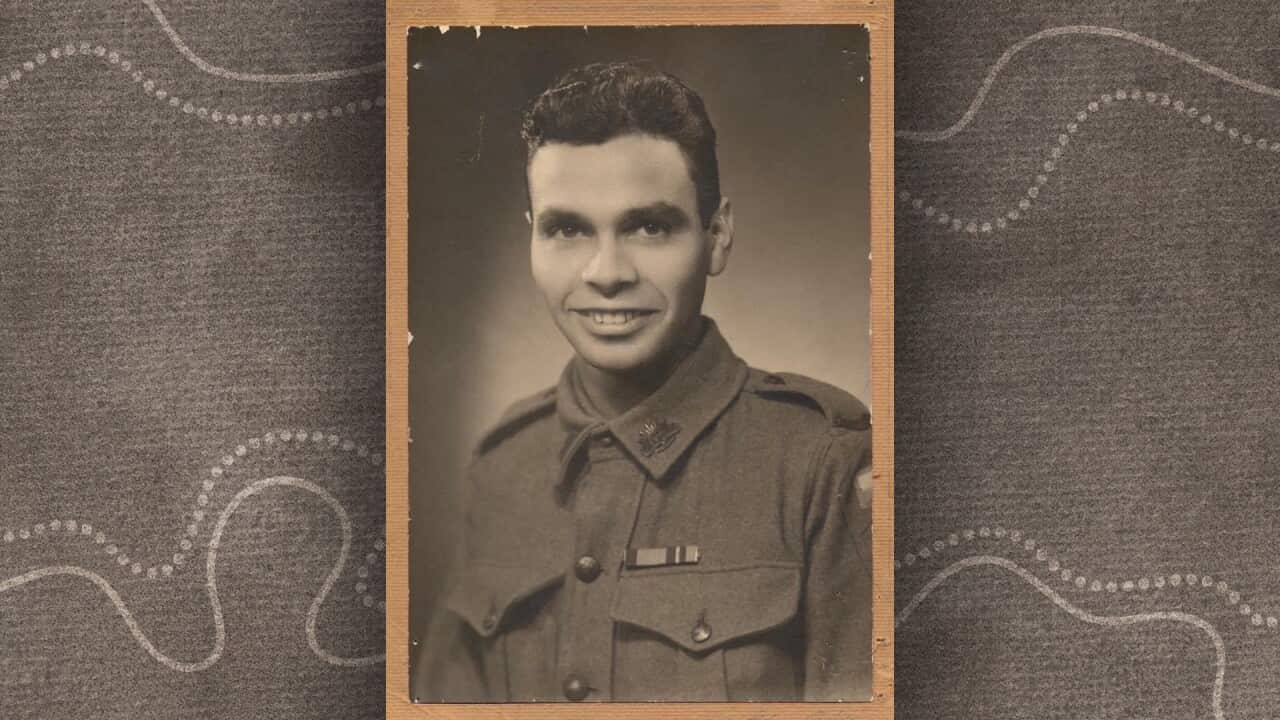The challenges that Aboriginal and Torres Strait Islander peoples face because of the ongoing impacts of colonisation show up in any number of ways.
One of those challenges is achieving economic prosperity and generational wealth in our communities.
Historically,
This has had a lasting impact on home ownership, financial literacy, financial well-being, quality of life and contributed to mob being stuck in poverty cycles.
In the last few years though,.
What is generational wealth?
Firstly, what does generational wealth mean?
Generational wealth commonly refers to wealth or financial assets amassed, maintained and passed down over multiple generations.
Generational wealth can give people a more advantageous start in life.
Kia Dowell is a Gija woman and is the Executive Director, Strategy and Impact at Indigenous Business Australia.
While there are economic benefits of generational wealth, Ms Dowell says that there are also emotional benefits.
"Generational wealth leads to higher emotional well-being," Ms Dowell told NITV.
"Mob feel they could care for Elders, or parents, or grandparents because of financial stability."
A showed that when an Indigenous single parent had access to a home loan, that led to home ownership which then led to a stable home environment.
A stable home environment meant that children living in that household had a higher school attendance rate.
How has colonisation impacted generational wealth?
Gaala Watson is a Gangalu and Birri-Gubba woman and an associate lecturer and researcher in the University of Queensland’s Business School.
Mrs Watson says that colonialism has a 'tremendous' impact on the financial position of mob.
"The colonial legacies of racism and classism continue to impact many Indigenous peoples – particularly in terms of accessing financial services, and equal access to education and employment," she said.
Legislation and policies introduced by the settler colony were centred around western definitions of land and resource ownership, which disregarded First Nations economies, values and priorities.
The Yoorrook Justice Commission heard Elders say that their family who fought in the First and Second World Wars were
, just another example of how wealth inequality has manifested in this country.
"From slavery and stolen wages, to legislated dispossession that prohibited basic participation in the economy – Indigenous peoples in this country have not had the opportunity to attain and maintain wealth via property, business and employment until more recent years."
Mrs Watson says that there is continued discrimination and racism faced by mob when wanting to access financial services in present time.
"Being othered via our Indigenous identities can mean mob will experience more frequent discrimination in accessing financial services or be excluded from networks or investing opportunities, inhibiting the rate of wealth accumulation in comparison to our non-Indigenous counterparts," she said.
Mrs Watson says that there is a link between cycles of poverty that mob are stuck in and colonisation.
"While some of our mob have been able to achieve financial security, many remain in poverty.
"Indigenous peoples in Australia have a different understanding of money, often viewing it as a resource to be shared, not hoarded, a tool to help meet needs and support collective well-being.
"I think it becomes the responsibility of those who have had the privilege of access to employment and education to ensure that they create opportunities to uplift and advance as many of our mob as possible," she said.
The continued impact of colonisation means access to wealth and financial services has only meaning that generational wealth is harder to achieve.
How are mob creating wealth in a colonial state
With a rise in Blak businesses, home ownership, education attainment and employment rates, mob are finding ways to create their own generational wealth in a western society to pass down.
Ms Dowell said that the report by IBA showed that home ownership 'created a ripple effect'.
"Kids, Aunties, cousins, Uncles seeing that role modelling of what home ownership could provide often resulted in multiple members of that family then pursuing home ownership.
"Oftentimes these families and these incredible people were first in their family, but they created this ripple effect," she told NITV.
From fashion to food, we're also seeing Blak businesses grow bigger than ever before.
Many Blak business owners are the first in their families to start a business, not having the advantage of having a role model or mentor in the space that they can look up to.
We are seeing so much growth in this space. We know that there are much higher levels of First Nations business ownership than there were five, ten years ago.
Ms Dowell also noted that Aboriginal and Torres Strait Islander peoples are lifting each other up.
"You get a Blak-owned business, they're more likely to sponsor a Blak footy or basketball club or a music concert in their local community," Ms Dowell said.
Mrs Watson gave a powerful reminder about another kind of wealth that Aboriginal and Torres Strait Islander peoples have.
"Many of us have generational wealth, just not monetary, we have a wealth of knowledge, culture and traditions; connection to our Countries, our ancestors.
"And we must remember the fortitude of our Old People that maintained our stories, songs and languages, against all odds, so that we could inherit such richness," she said.















